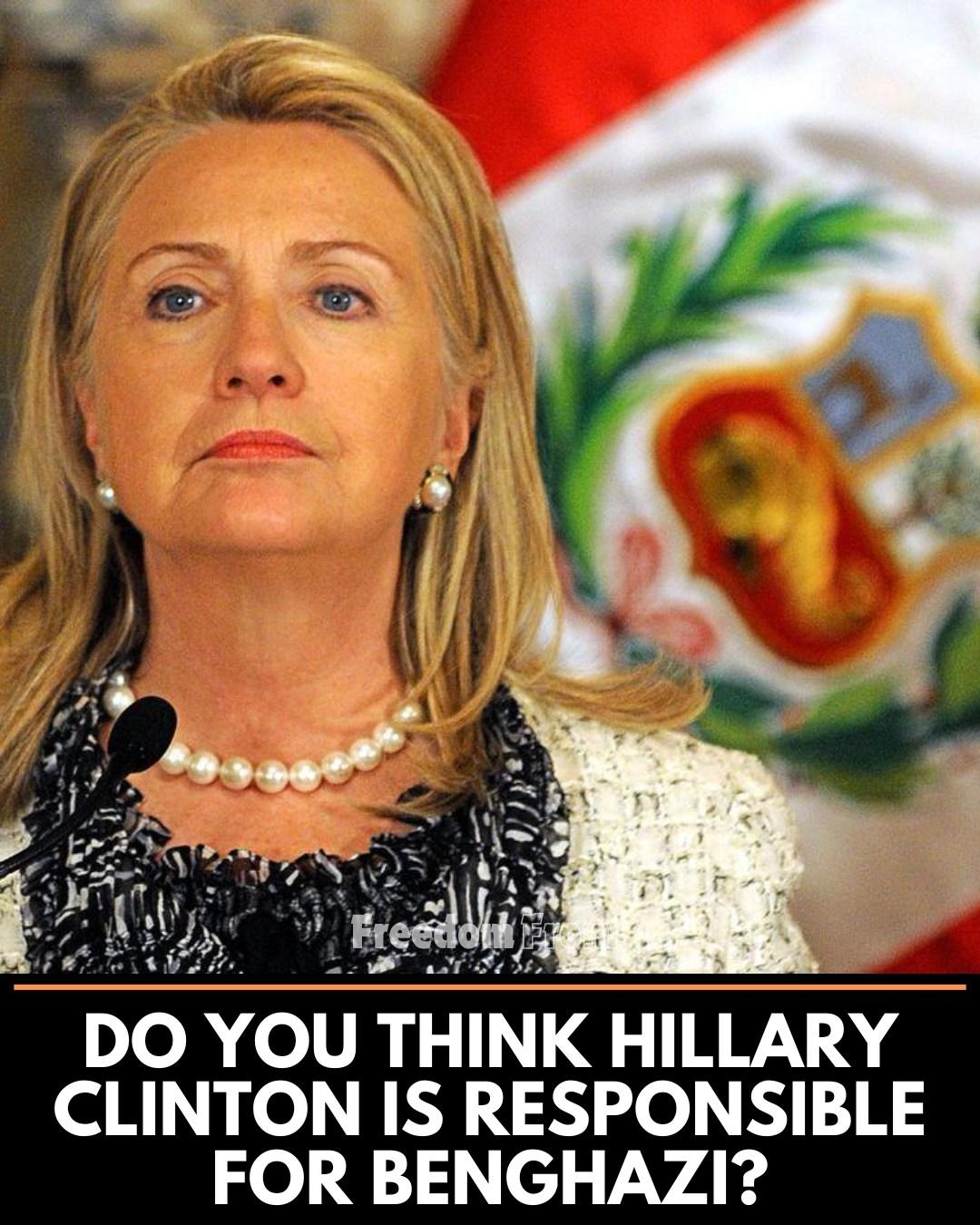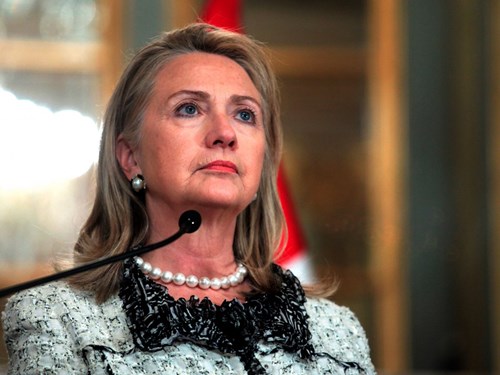In the annals of American political scandals, few events have sparked as much outrage, speculation, and division as the 2012 Benghazi attack. The assault on the U.S. diplomatic compound in Libya, which claimed the lives of four Americans, including Ambassador J. Christopher Stevens, remains a lightning rod for controversy. At the center of this storm stands one name: Hillary Clinton. As Secretary of State during the attack, was she the architect of a catastrophic failure, or merely a scapegoat for a tragedy no one could foresee? Buckle up, because this question is about to blow the lid off everything you thought you knew about Benghazi.

The Benghazi attack unfolded on September 11, 2012, when heavily armed militants stormed the U.S. consulate and a nearby CIA annex in Benghazi, Libya. The 13-hour ordeal left four Americans dead and a nation grappling with questions about security, leadership, and accountability. Critics have long pointed fingers at Clinton, accusing her of gross negligence, deliberate cover-ups, and even orchestrating a conspiracy that allowed the attack to happen. Supporters, however, argue she was a dedicated public servant caught in an impossible situation, unfairly targeted by political adversaries. So, where does the truth lie?
Let’s start with the accusations. Critics claim Clinton ignored warnings about the deteriorating security situation in Libya. Reports later revealed that the Benghazi compound was woefully underprotected, with inadequate security personnel and fortifications. Some allege that requests for additional security were either ignored or outright denied by the State Department under Clinton’s watch. A 2012 email from Stevens himself reportedly expressed concerns about rising extremist activity in the region, yet no significant action was taken. Could Clinton have prevented the attack if she’d acted on these red flags? Her detractors say yes, branding her leadership as reckless at best, criminal at worst.
Then there’s the explosive claim: Did Clinton know the attack was coming and let it happen? Conspiracy theories have swirled for years, suggesting she had ulterior motives—perhaps to distract from domestic political issues or to advance some shadowy geopolitical agenda. While these theories often lack concrete evidence, they’ve fueled a firestorm of distrust, amplified by viral posts on platforms like Threads. One particularly damning narrative points to the State Department’s initial response, which attributed the attack to a spontaneous protest over an anti-Islamic video rather than a coordinated terrorist strike. Critics argue this was a deliberate misdirection to downplay the administration’s failure to combat terrorism.
On the other side, Clinton’s defenders paint a different picture. They argue that the Benghazi attack was a complex, fast-moving event in a volatile region, and no single person could have anticipated or prevented it. Libya was still reeling from the 2011 overthrow of Muammar Gaddafi, and the U.S. was navigating a delicate balance of diplomacy and security in a country teetering on chaos. Clinton’s supporters point out that she took responsibility for the incident, testifying for hours before Congress and expressing deep regret for the loss of life. They also note that multiple investigations, including a bipartisan Senate Intelligence Committee report, found no evidence of a deliberate cover-up or intentional negligence on her part.
But here’s where things get murky. The same investigations that cleared Clinton of direct culpability also criticized the State Department’s systemic failures. Poor coordination, inadequate resources, and a lack of clear protocol were all cited as contributing factors. As the head of the State Department, doesn’t that responsibility ultimately fall on Clinton’s shoulders? Her critics argue that her leadership—or lack thereof—created a culture of complacency that left American personnel vulnerable. One viral Threads post summed it up bluntly: “Hillary’s hands aren’t clean. She didn’t pull the trigger, but she loaded the gun.”

The aftermath of Benghazi has only deepened the divide. Clinton’s emails, which later became a separate scandal, added fuel to the fire. Thousands of pages of correspondence were scrutinized, with some suggesting they contained evidence of her mishandling the Benghazi situation. Yet, despite years of investigations, no smoking gun has definitively tied her to intentional wrongdoing. So why does the controversy persist? Perhaps it’s because Benghazi taps into a broader distrust of political elites, a sentiment that resonates strongly on social media platforms like Threads, where users amplify outrage with hashtags like #BenghaziTruth and #ClintonCoverUp.
The real question is whether Clinton’s role in Benghazi was a failure of competence or something more sinister. Her defenders argue she’s been unfairly vilified, a victim of partisan witch hunts designed to derail her political career. Her critics, however, see a pattern of evasion and unaccountability that defines her tenure as Secretary of State. One thing is certain: the Benghazi saga continues to captivate and polarize, with no easy answers in sight.
As the debate rages on, one haunting question lingers: What if the truth about Benghazi is worse than we’ve been told? Whether you see Clinton as a villain or a scapegoat, the story of Benghazi is far from over. It’s a wound that refuses to heal, a controversy that thrives on speculation and outrage. So, what do you think? Was Hillary Clinton responsible for Benghazi, or is she the victim of a decade-long smear campaign? Jump into the fray on Threads and let the world know.






